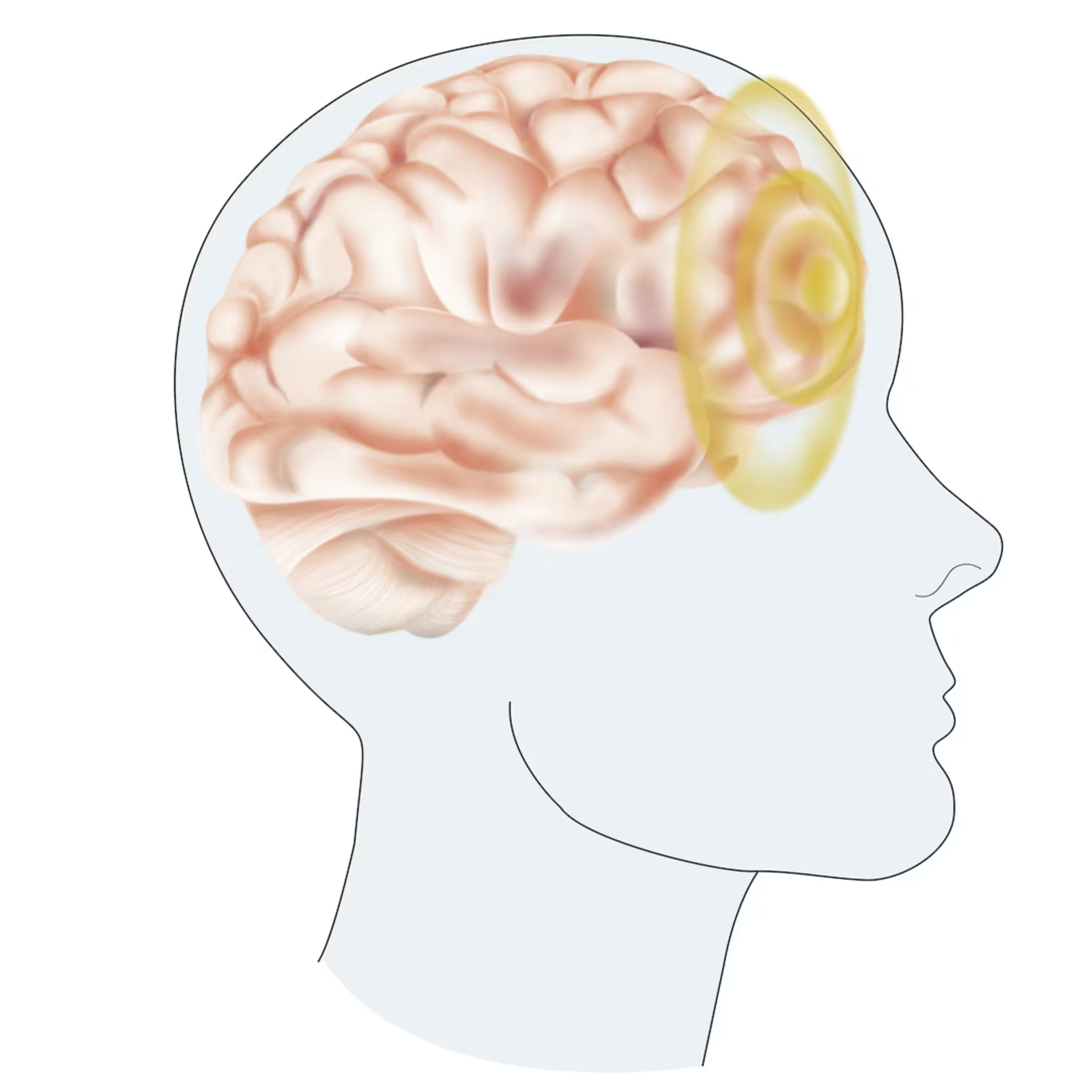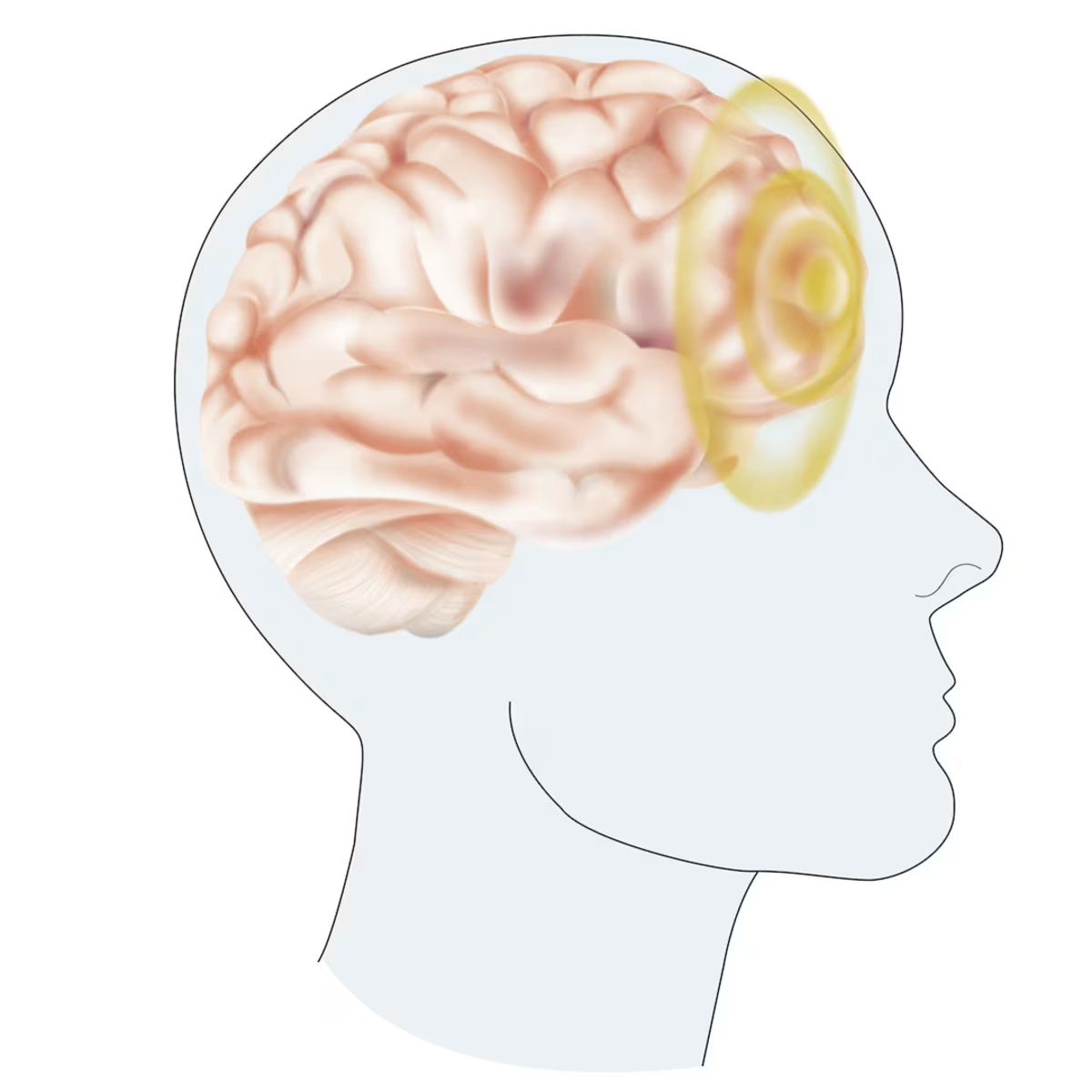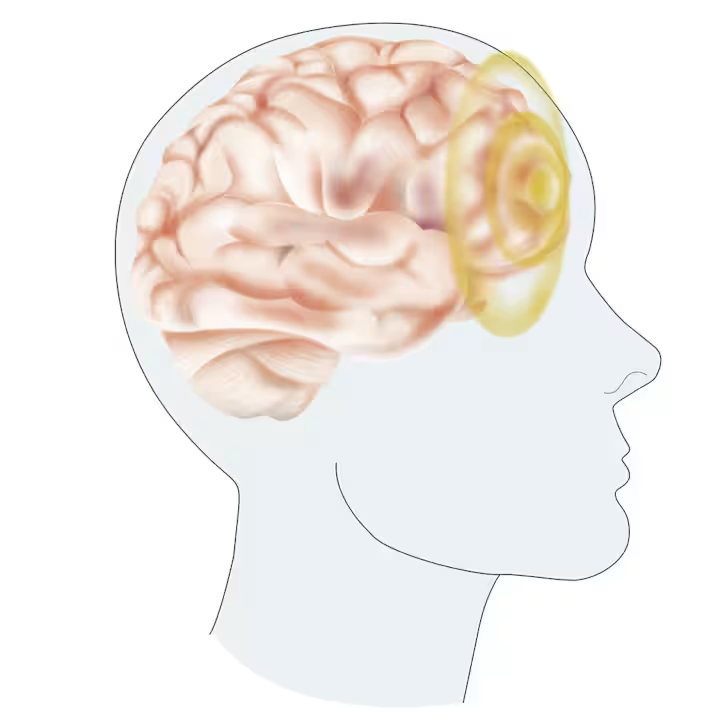


Brain Injury
What is Brain Injury/Trauma?
The effects of brain trauma vary widely: minor brain trauma requires no or only outpatient treatment. Intensive care and an operation are required in case of a severe injury, and brain trauma can even be fatal with injuries of the most severe nature. As different as the effects are, all versions are summarised under the term brain trauma.
The causes are varied. In principle, a force acts on the skull and this injures the brain. This occurs frequently in traffic accidents or falls - people of all ages can therefore be affected.
The brain is the command centre for the whole body. It is complex network of nerves and tissues which perform all manner of functions such as regulating our organs, allowing us to think, talk, move and see. It does this automatically in rapid time. However, when something goes wrong to the brain, such as an injury, the results can be life changing and permanent. The prognosis depends upon the cause, nature and location of the brain injury. There are two types of brain injury: traumatic and acquired.
Types of Brain Injury
What are the consequences of Brain Injury/Trauma?
The classification according to the Glasgow Coma Scale (GCS) has been established to determine the severity of brain trauma. 13-15 points indicate minor, 9-12 points moderate and 3-8 points severe brain trauma. Combined with further neurological examination results, the value that is determined provides a clear prognosis for the patient. Whether what is known as whiplash trauma without the direct exertion of force on the skull can cause a brain injury and actually constitutes brain trauma is frequently discussed.
When the nervous system is impaired as a result of brain trauma, this affects the mobility of the body, sometimes in the long term. Occupational and physiotherapy combined with orthoses or also functional electrical stimulation helps relearn certain movements or as far as possible compensate for limitations.